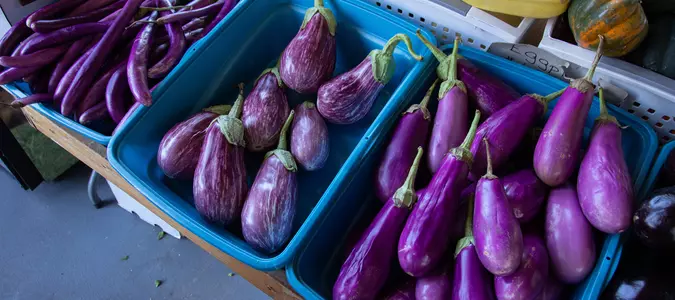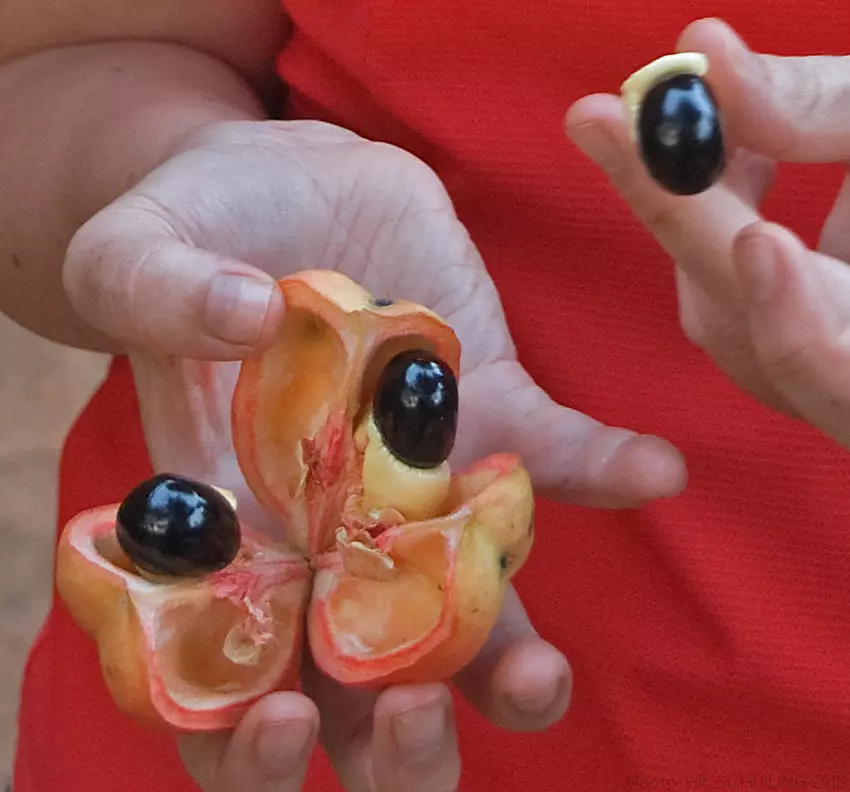

8 Foods You Can Eat Completely Raw
Some foods may taste better raw, but did you know that others may actually have significant health benefits when consumed raw rather than cooked? A few will probably surprise you.
Swipe through to see these 8 foods you can eat raw.
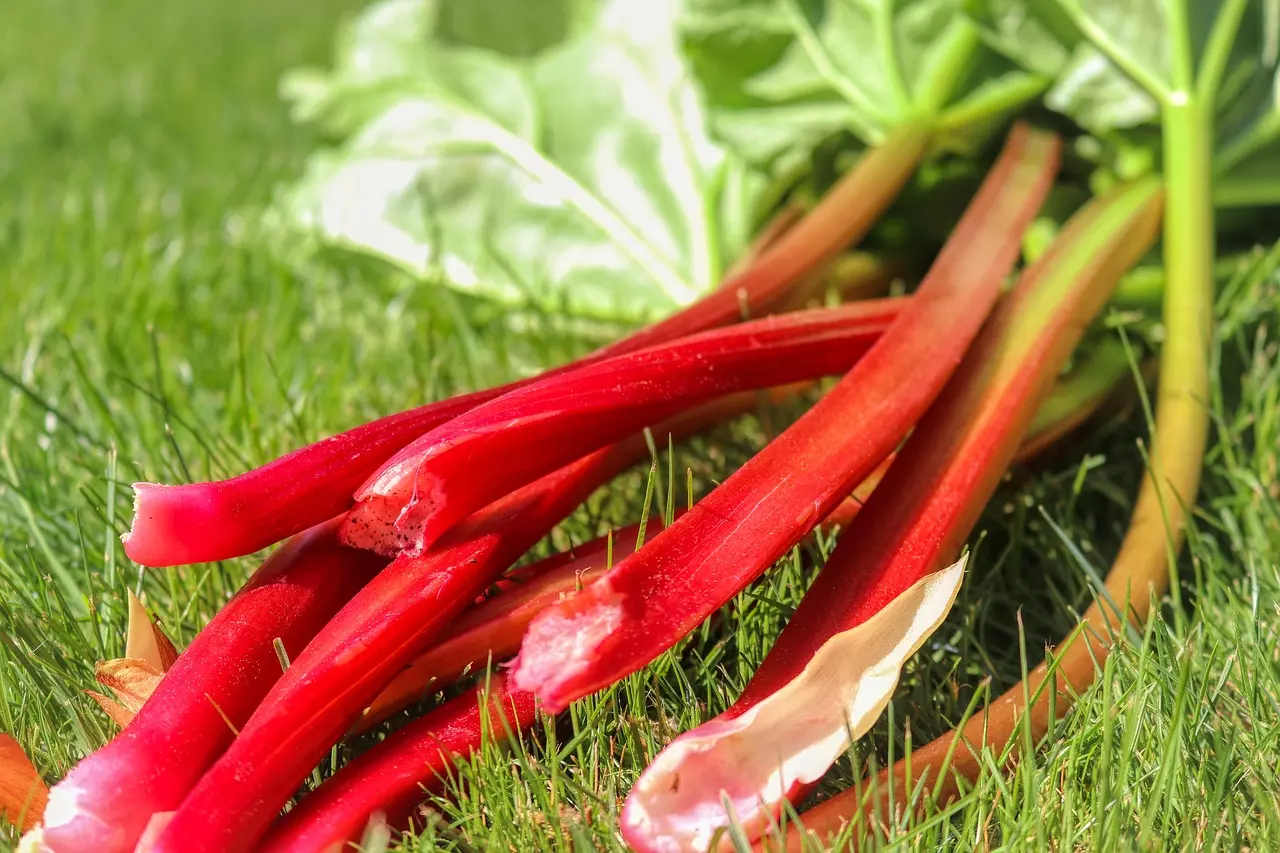
Rhubarb
Practice caution when eating raw rhubarb – It contains oxalic acid, which is poisonous in large quantities. Make sure all the leaves have been taken off your rhubarb prior to consuming.
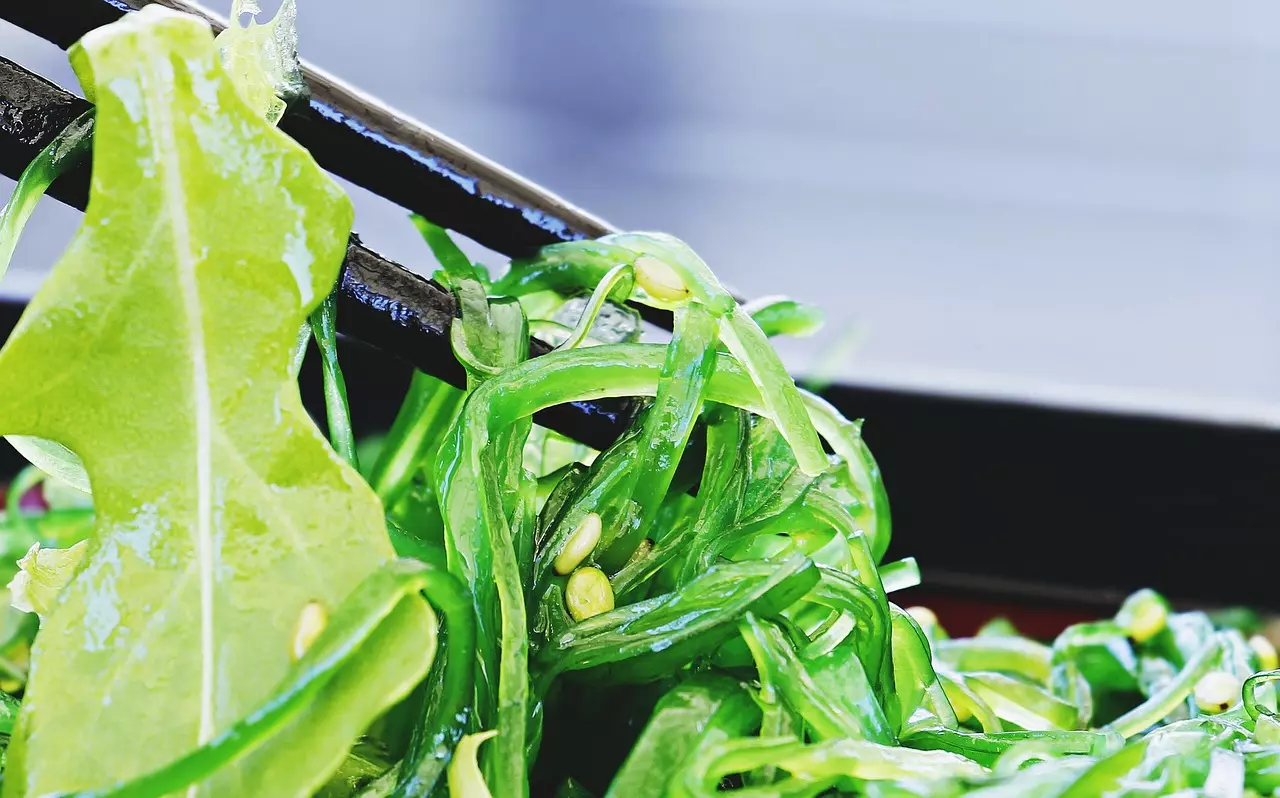
Seaweed
Sushi uses roasted seaweed, but fresh seaweeds such as nori are a great source of chlorophyll. Nori is high in vitamins and minerals and easily absorbable into the bloodstream. Raw seaweed is also a good source of iron, calcium, and iodine.

Eggs
Some people fear getting salmonella poisoning from raw eggs, but in reality, the risk is very low. It's common practice for elite athletes to incorporate raw eggs into their protein shakes before working out for an added protein boost. The average egg contains 6 grams of protein.
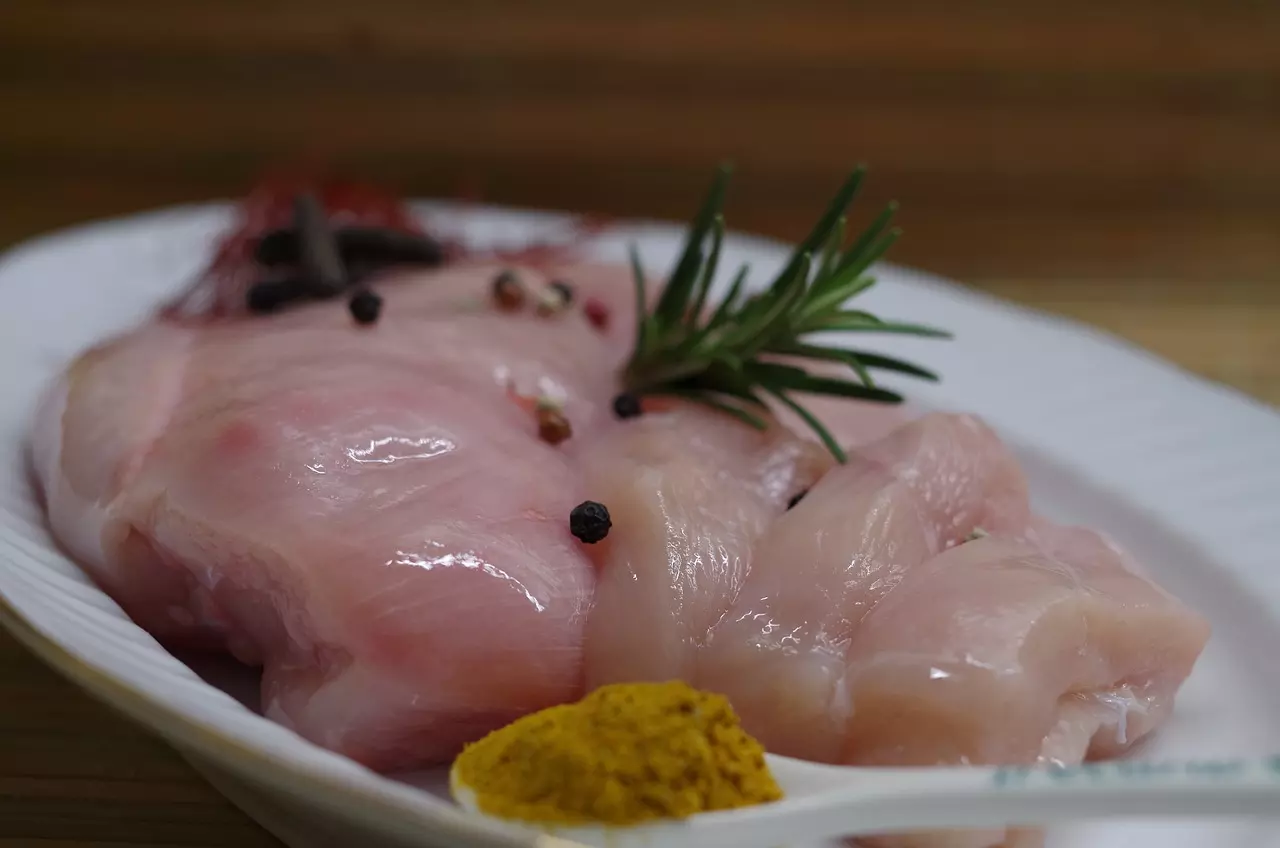
Chicken
Some, but not all, chicken can be eaten raw. Because most chicken is farmed in large quantities and butchered under imperfect conditions, there is a high risk of salmonella. Restaurants that source their meat from farms with organic, free-range, and exceptionally sanitary practices can be a safe bet to consume raw.
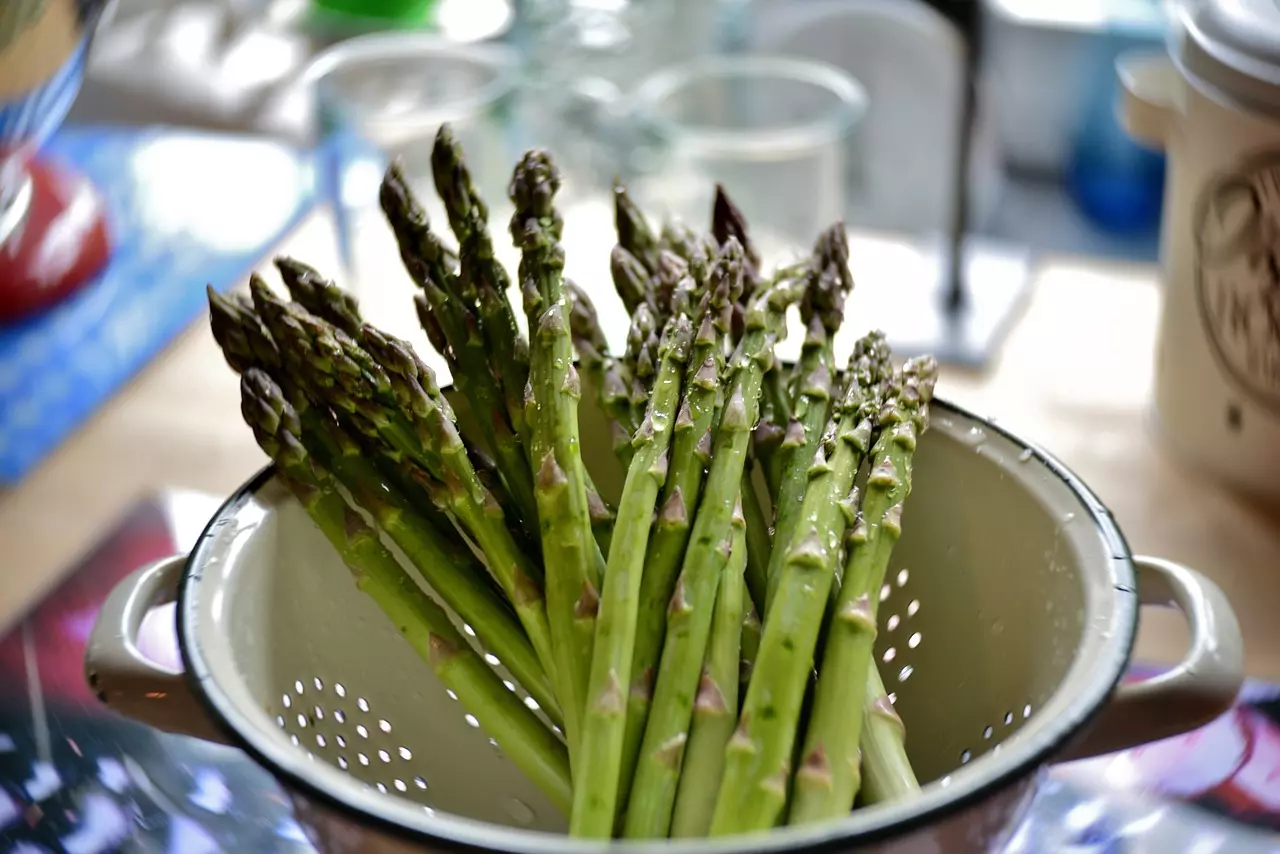
Asparagus
While it can be eaten raw, typically in salads, asparagus' health benefits aren't actually helpful until it's cooked.

Pork
You may not realize it, but people eat raw pork quite often. While you wouldn't eat a pork chop or bacon raw, pork comes in so many other variations. Hard salami, capicola, and prosciutto are safe and enjoyable to eat raw.
Photography: Mack Male

Ackee
Ackee is the national fruit of Jamaica and it's rich in essential fatty acids, Vitamin A, zinc, and protein. It should be eaten ripe, and it is essential that you remove the big black seeds before consuming.
Photography: Rik Schuiling
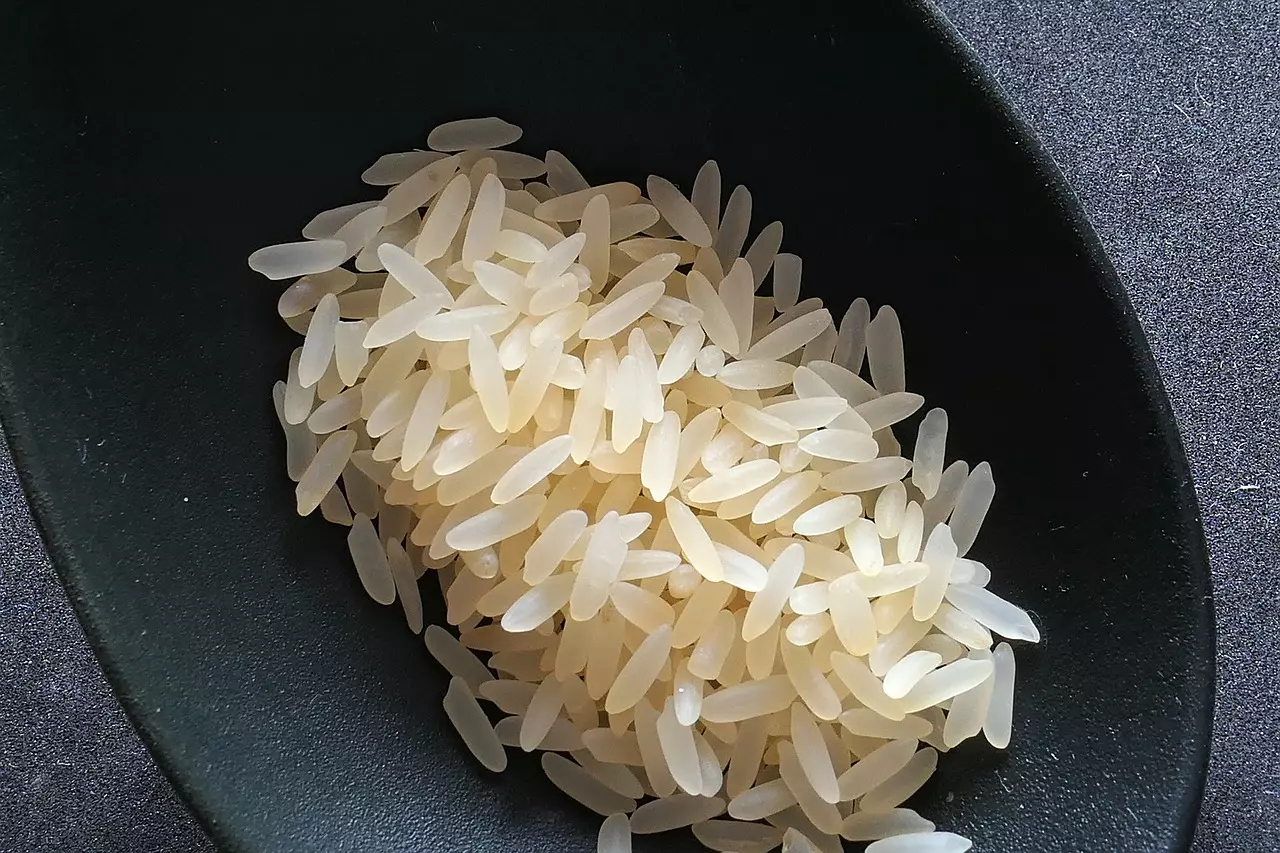
Rice
Rice is considered an aqueous grass. That means it can be eaten raw if it's soaked in water for a couple of days. That's all the preparation it needs to be safe!

